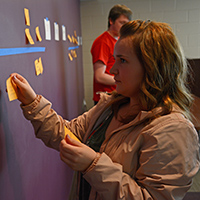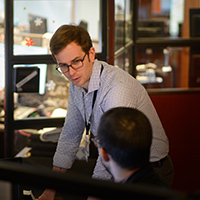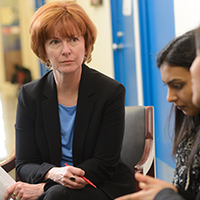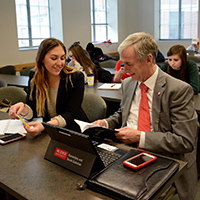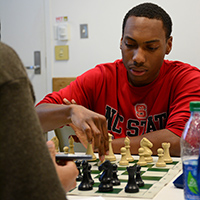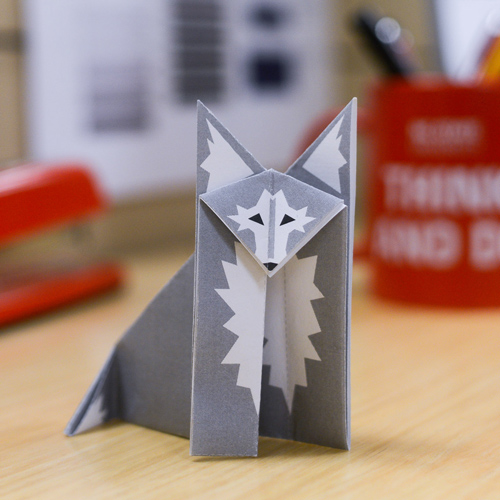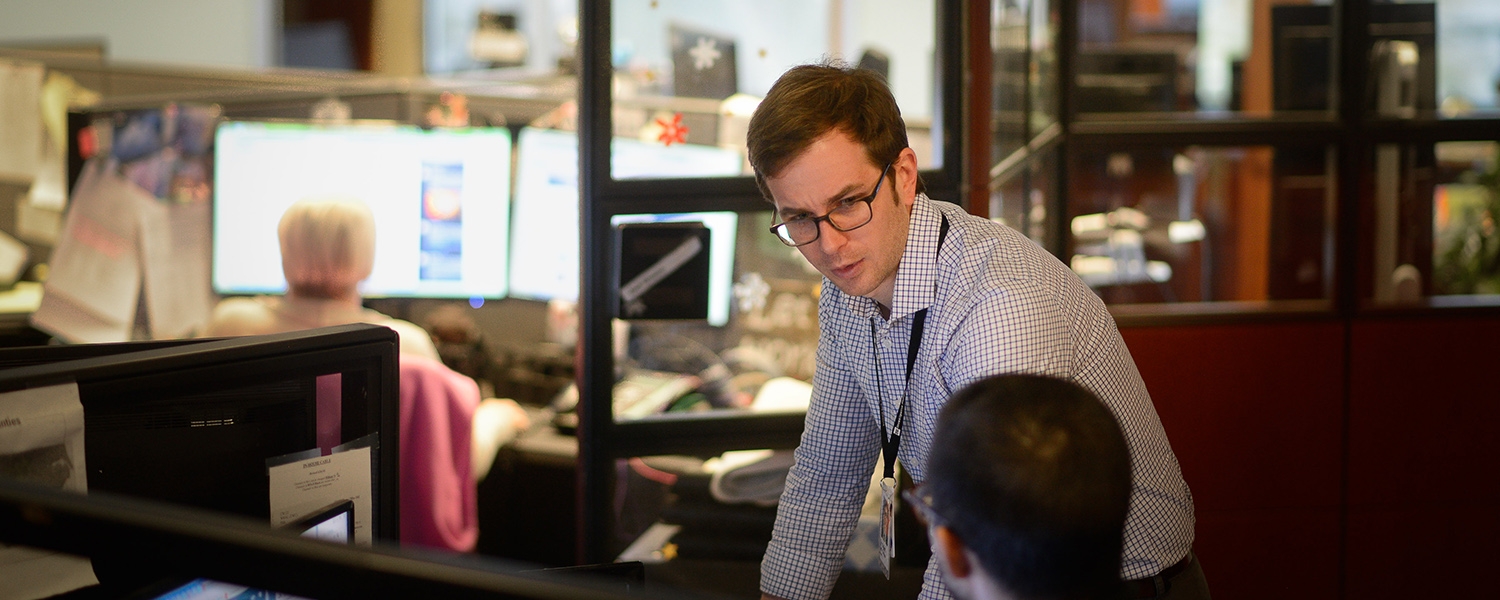
Storytellingwith Data
Tyler Dukes is a public records reporter. That’s his official title, at least. You could also call him a data curator, web developer or open government advocate.
An NC State alumnus who works at WRAL in Raleigh, Dukes does a lot of things you may expect of an investigative journalist. He digs and sorts through information — sometimes for months (or years) at a time — to shine a light on issues of interest to the public. However, in an increasingly digital world, Dukes also leverages emerging technologies and analytical methods to reveal new storylines.
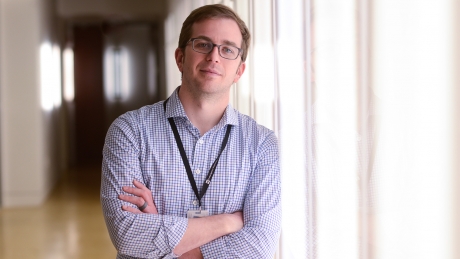
In his role, Dukes often acquires and makes sense of dense governmental databases and sets of documents. He then develops digital tools to share that data with the public. For example, Dukes helped build WRAL’s online Donor Reveal system, which gives readers quick access to campaign finance information about North Carolina lawmakers. Other examples of his work include:
- Reporting on how Raleigh police used search warrants to demand Google device data in criminal investigations.
- A comprehensive look at the state’s handling of coal ash ponds and their impacts on residents who live nearby.
- An app that allows the public to search through thousands of documents related to the academic fraud scandal at UNC Chapel Hill.
- A series on the death of Michael Kerr, a mentally ill inmate who died of thirst in the custody of the North Carolina prison system.
“Our station has made a big investment in investigative reporting, and my position is somewhat rare for lots of TV news stations,” Dukes says, adding that his work complements the daily news reporting, and vice versa.
“We need people who specialize in knowing what’s going on today, and now, and five minutes ago,” Dukes says. “We also need people who have a broader view and take a slower approach. You have to have both of those pieces, and what we’re trying to do here is embrace that complementary relationship.”
Because Dukes deals heavily with state government records, his job also involves advocating for better open government laws. That can mean working with his newsroom to fight for greater access to public records in court. It can also mean public outreach through events like Sunshine Week, a national initiative to educate citizens about the importance of open government.
“We use that week to explain and educate audiences about how we use public records and value open government, and how citizens benefit from open government,” Dukes says.
Tyler’s NC State Journey
Dukes didn’t come to NC State to be a journalist. He initially wanted to build spaceships. However, after a semester in aerospace engineering, he decided that path wasn’t for him.
He changed course and enrolled in electrical engineering. While he enjoyed the program, his interests diverged again during his junior year, when he started spending more and more time at NC State’s student newspaper, Technician. Dukes had worked at Technician since he was a freshman, and his duties at the paper increased each year. He served as editor-in-chief during his senior year.
To be here, in this place, in this time, and doing a really important job, it actually makes my journalism better.
“I was on the ground, making mistakes and learning from people who knew more than me — putting out pieces that were going to be read by 11,000 students every day,” Dukes says. “That was powerful; that was where my passion was.
“At that point, I had pretty much made up my mind that I was going to be a really mediocre engineer or a decent journalist.”
Dukes faced an academic conundrum. He wanted to transfer out of electrical engineering, but didn’t want to lose the technical credits he had earned. NC State’s Science, Technology and Society (STS) program provided him a solution.
Housed within the College of Humanities and Social Sciences, STS allows students to design a custom B.A. or B.S. degree to fit their needs. Dukes pursued an STS degree through an electrical engineering concentration, which allowed him to keep his credits while taking other courses in disciplines such as political science.
“That was probably the most engaged I was in class, taking some of those courses,” Dukes says. “I kind of wish I had known about STS at the beginning.”
A Leader in His Field
![A button that reads "I [heart] Data".](../../../../wp-content/uploads/2018/03/Tyler-Dukes-2-1500x844-460x259.jpg)
Dukes has worked at WRAL since 2013. His reporting and advocacy efforts have been recognized by the North Carolina Open Government Coalition, the Radio Television Digital News Association of the Carolinas and the National Alliance on Mental Illness in North Carolina.
In addition, Dukes also served as a Nieman Fellow at Harvard University during the 2016-17 academic year. The prestigious fellowship is reserved for top journalists around the world. His Nieman project focused on how to bring data journalism to more newsrooms, especially those in rural areas. He’s continued exploring that topic while recently teaching a course at Duke.
“One thing I realized while being away is how much I value reporting on my home state,” Dukes says. “To be here, in this place, in this time, and doing a really important job, it actually makes my journalism better. It makes me want to get up and do this every day, because it’s a community I care deeply about.”
CATEGORIES: Alumni, Interdisciplinary Studies, Spring 2018

